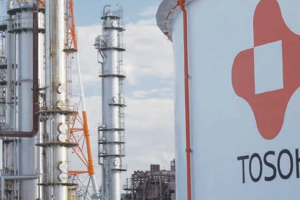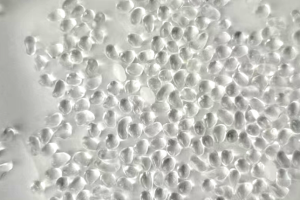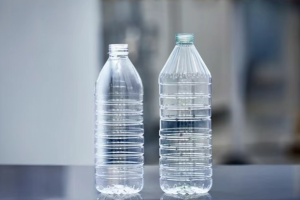May 8, 2025 – As the world grapples with the pervasive problem of plastic pollution and seeks breakthroughs in the circular economy, tech giant Google has joined forces with Dow, a leader in materials science, in a groundbreaking collaboration. Their aim is to leverage artificial intelligence (AI) to overcome the technical hurdles in recycling plastic films and flexible packaging, with the potential to process up to 70,000 tons of previously hard – to – recycle plastic waste annually and give a significant boost to the circular economy.

Flexible packaging is widely used in the consumer goods sector, encompassing items such as cereal, pet food, and potato chip packaging. However, these packages are typically made from complex composites of multiple layers of plastics, metal films, or paper. Traditional recycling methods face numerous challenges when dealing with such plastics. In the United States, the vast majority of curbside recycling programs do not accept flexible packaging plastics, resulting in an extremely low recycling rate of less than 5%. Approximately 95% of flexible packaging plastics end up in landfills or are incinerated, highlighting the severity of the plastic recycling crisis.
According to AsiaMB, Google’s innovation lab, X (also known as the “Moonshot Factory”), has launched a “moonshot” initiative in the circular economy realm, focusing on solving the problem of flexible packaging plastic recycling. This initiative relies on Google’s extensive plastic database, utilizing machine learning and molecular vision technologies to train an AI system. The system can identify the molecular composition of plastic packaging within milliseconds and achieve highly accurate classification. Dow, with its strong capabilities in materials science, has provided crucial support for this AI system. Currently, the collaboration has achieved a technological breakthrough in the proof – of – concept stage. The AI can not only accurately identify the types of complex materials but also predict their component ratios, offering new hope for automated sorting in recycling centers and the production of high – quality recycled raw materials.
The AI system is currently being tested in a recycling pilot project in Oregon, the United States. By combining sensors with AI algorithms, it enables real – time molecular – level identification and sorting of plastic streams, significantly enhancing the efficiency and accuracy of recycling. Dow, through its Pack Studios, has provided actual material samples and application data to optimize the AI algorithms and improve their practical application capabilities. Additionally, Dow’s previous acquisition of the plastic recycling company Circulus has further enhanced its influence in recycling infrastructure, laying a solid foundation for the practical application of the AI system.
Han Zhang, Global Sustainability Director of Dow Packaging and Specialty Plastics, stated, “By combining Dow’s profound materials science expertise with Google’s advanced AI technology, we are confident in revolutionizing the way plastics are recycled.” Google’s X Lab also expressed excitement about the initial results and plans to further deepen its cooperation with Dow in the coming months. The goal is to promote the commercialization and large – scale application of the AI system, achieving a true closed – loop cycle for soft plastic recycling and contributing to solving the global plastic pollution problem.














